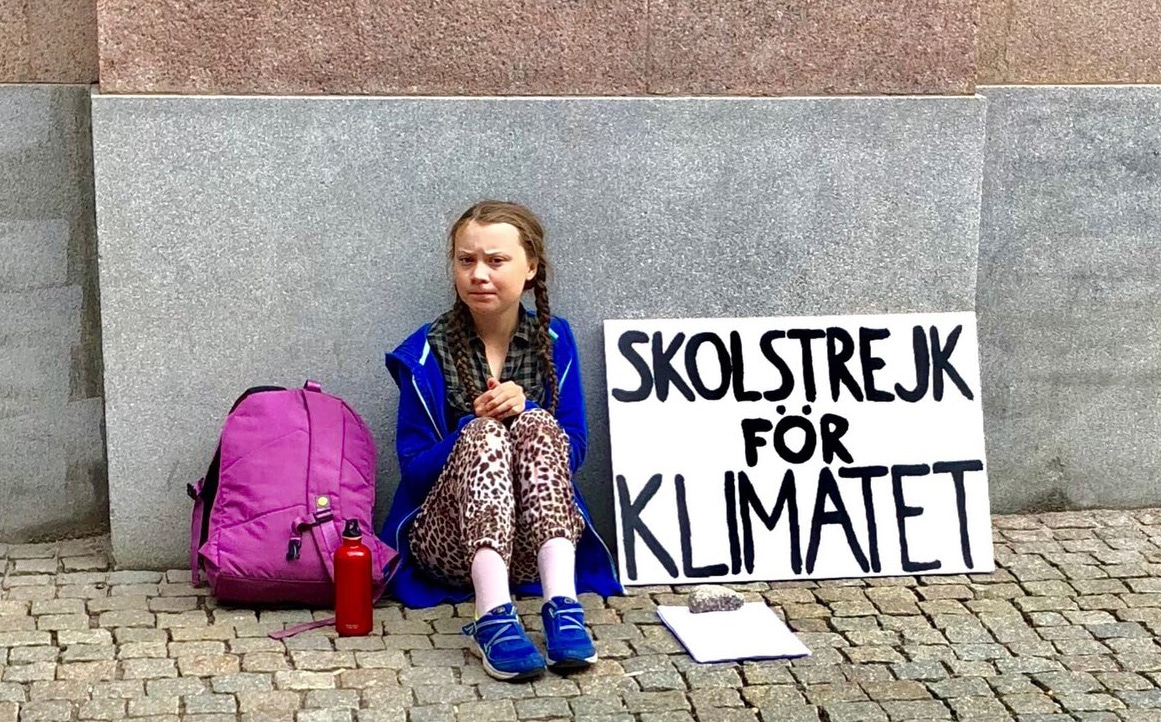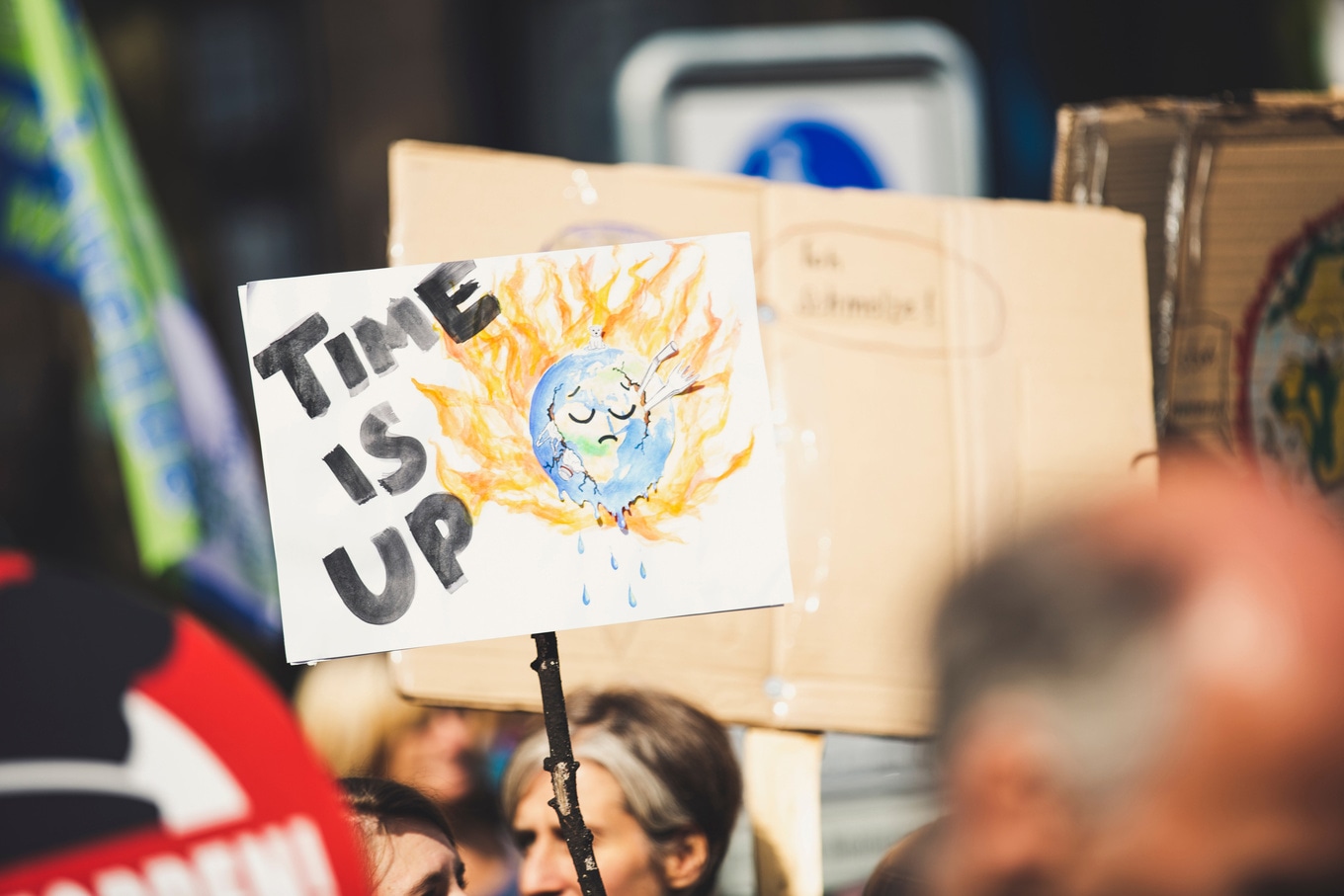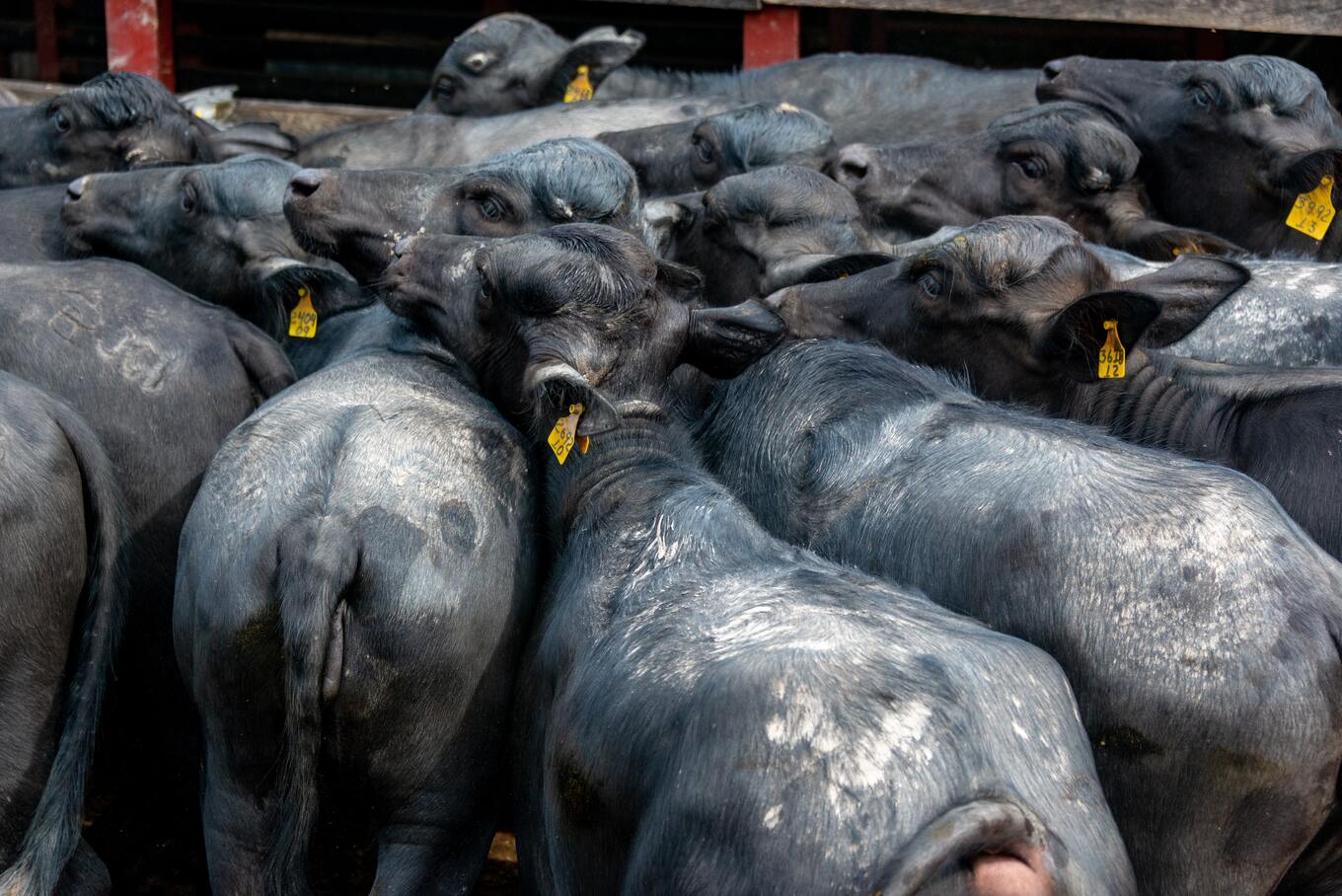Vegan environmental activist Greta Thunberg has been a “unifying inspiration” to Norwegian youth since she rose to fame in 2019, according to a new study published in Sociology, the flagship journal of the British Sociological Association.
“What we see is that Greta Thunberg has been very important in uniting young people who were already concerned about the climate,” researcher Jan Frode Haugseth from the Norwegian University of Science and Technology said in a statement. “She also helped to make more young people climate aware, especially in 2019.”
Greta Thunberg becomes a role model for young people
Haugseth and his colleague Eli Smeplass began surveying 3,000 Norwegian youth in 2017 to find out what they consider important in Norwegian society, and whom they regard as good role models. “When we started these surveys in 2017, we had no particular ambition to look at climate awareness,” Haugseth said. “We wanted to know what young people think about our times and what inspires them.”

“When we observed how the responses changed in autumn 2019, and that young people themselves were mentioning Greta Thunberg and the importance of addressing climate and nature issues, we thought this would be an interesting object of study,” he said.
To accurately measure young people’s awareness of these issues, the researchers simply asked them to speak freely rather than posing questions. The surveys sent out by the researchers contained open text fields for respondents to express what they thought was important in society and to define their role models in their own words.

“Research often shows that social belonging, like the parents’ level of education and occupation, affects what young people are interested in,” Haugseth said. “But here we see that Greta Thunberg managed to mobilize young people in a broader sense.”
Youth mention Greta Thunberg, not climate reports
By analyzing the answers, the researchers found that Thunberg reached youth to a much greater extent than the United Nations climate panel managed to do, with none of the youth surveyed mentioning climate reports in their answers.
“Greta Thunberg represents the young generation. She managed to challenge world leaders and the elite and set the agenda,” Smeplass said. “She is quite simply a young person who managed to back the elite against the wall, and a number of young people write that they admire her for this.”
And the fact that Greta Thunberg did not attend this year’s United Nations Climate Change Conference (COP27) did not necessarily mean she will have any less influence on young people’s climate commitment. Thunberg skipped the event intentionally to bring awareness to the lack of meaningful change that leaders failed to implement at previous COP conferences.
“What we’re interested in is how young people argue for the importance of their climate commitment,” Smeplass said. “Because that tells us something about what they’re really demanding and expecting from the future. In other words, climate summits aren’t necessarily the most effective hotbeds for youth climate engagement going forward.”

The researchers also noticed that the broader “Greta Thunberg effect” described in 2019 became less visible during the preceding years of the COVID-19 pandemic. “But the relevancy of her message for young people is a sign that their climate engagement hasn’t disappeared,” Smeplass said.
Greta Thunberg’s vegan influence
Ultimately, the study found that climate-conscious young people have become more aware that there are people beyond just themselves who are concerned about climate change, and that more versatile solutions are required to fix the issue. One important climate solution that Thunberg advocates is veganism.
Thunberg herself stopped eating animals at an early age because of animal agriculture’s effect on the environment. And shortly thereafter, she convinced her parents to do the same. In the short film For Nature, which debuted last year, Thunberg explains all of the ways in which human exploitation of animals and the planet have led to health crises such as COVID-19 and environmental catastrophes.

In the film, Thunberg points out that while fossil fuels are seen as the “villians” of the climate crisis, animal agriculture—which contributes to one-fourth of total greenhouse gas emissions—is often ignored. Approximately 30 percent of the world’s ice-less land mass is used for animal agriculture and 33 percent of all cropland is used to grow food for those animals.
Thunberg explains that if everyone were to adopt a plant-based diet, we would save up to 8 billion tons of carbon dioxide annually and use 76 percent less land.
“The climate crisis is just one symptom of the sustainability crisis we face: We have industrialized life on Earth and broken our relationship with nature,” she said.
“More frequent and devastating pandemics, biodiversity loss, and the climate crisis are all connected to this root cause. This is why we need to rethink how we value and treat nature in order to safeguard future and present living conditions for life on Earth,” Thunberg said. “We all, of course, have different opportunities and responsibilities, but most of us can at least do something—no matter how small.”
For the latest vegan news, read:
JUMP TO ... Latest News | Recipes | Guides | Health | Subscribe









